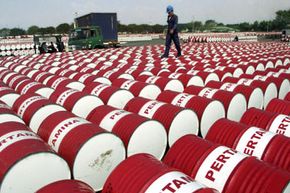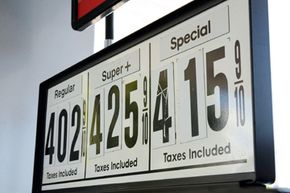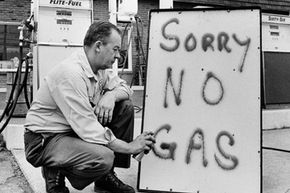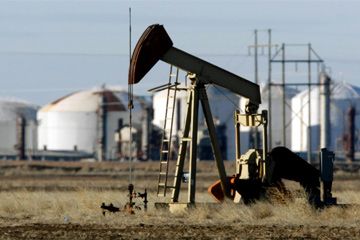Key Takeaways
- Crude oil, made from compressed hydrocarbons, is a non-renewable energy source with global reserves found in various regions, notably the Middle East, Russia, Venezuela and the United States.
- Geopolitical factors and organizations like OPEC influence the oil market. Changes can affect supply and prices globally, as seen with the 1970s oil crisis.
- As oil reserves dwindle, there's a growing shift toward renewable energy sources such as wind, solar and geothermal to meet future energy demands, acknowledging the finite nature of fossil fuels.
Unless you're an oil company executive or the ruler of a petroleum-exporting Middle Eastern nation, hearing "The price of a barrel of oil went up today…" on the news is rarely a good thing. Most of us know what that kind of news means: higher gasoline prices.
But how does a barrel of oil from Saudi Arabia or Iran determine how expensive our gasoline is? That's because the barrel is a part of the crude oil market, which has a major effect on gas prices. Crude oil is the "black stuff" that comes out of the ground, also known as petroleum. It's made up of a variety of elements like carbon, hydrogen and sulfur, and originates from the remains of animals and plants that existed millions of years ago -- hence the term "fossil fuel."
Advertisement
However, crude oil in its purest form is of little use to anyone. People must refine it in order to produce energy, a process that creates gasoline, diesel fuel, kerosene and other products. The completed petroleum products later end up in places like gas stations and factories all over the world.
But what causes the price of oil to go up and down? Why doesn't the cost of gasoline stay at a constant level? That's because crude oil is a "commodity," a product that is generally the same no matter who or what produces it. Other commodities include corn, coffee beans and raw materials like gold and copper.
The prices of commodities are always in flux because they depend on worldwide supply and demand. When ethanol fuel started becoming a popular alternative fuel option in vehicles, the price of corn -- from which ethanol can be produced -- spiked. As another example, you may hear on the news about an oil refinery explosion where a supply of crude oil is compromised. This will cause the price of oil to increase.
There's also the international commodities market, where investors hedge bets on how much they think the price of oil will increase or decrease down the road. Speculating over the price of oil also has a lot to do with how much it costs.
Sound confusing? It can be, since the truth is there are many, many factors that determine how much a barrel of liquefied dinosaur bones will cost when it ends up in your car.
In this article, we'll take a look at the crude oil market -- where the supply comes from, who prices it, and how that translates into what we pay at the pump.
Advertisement




